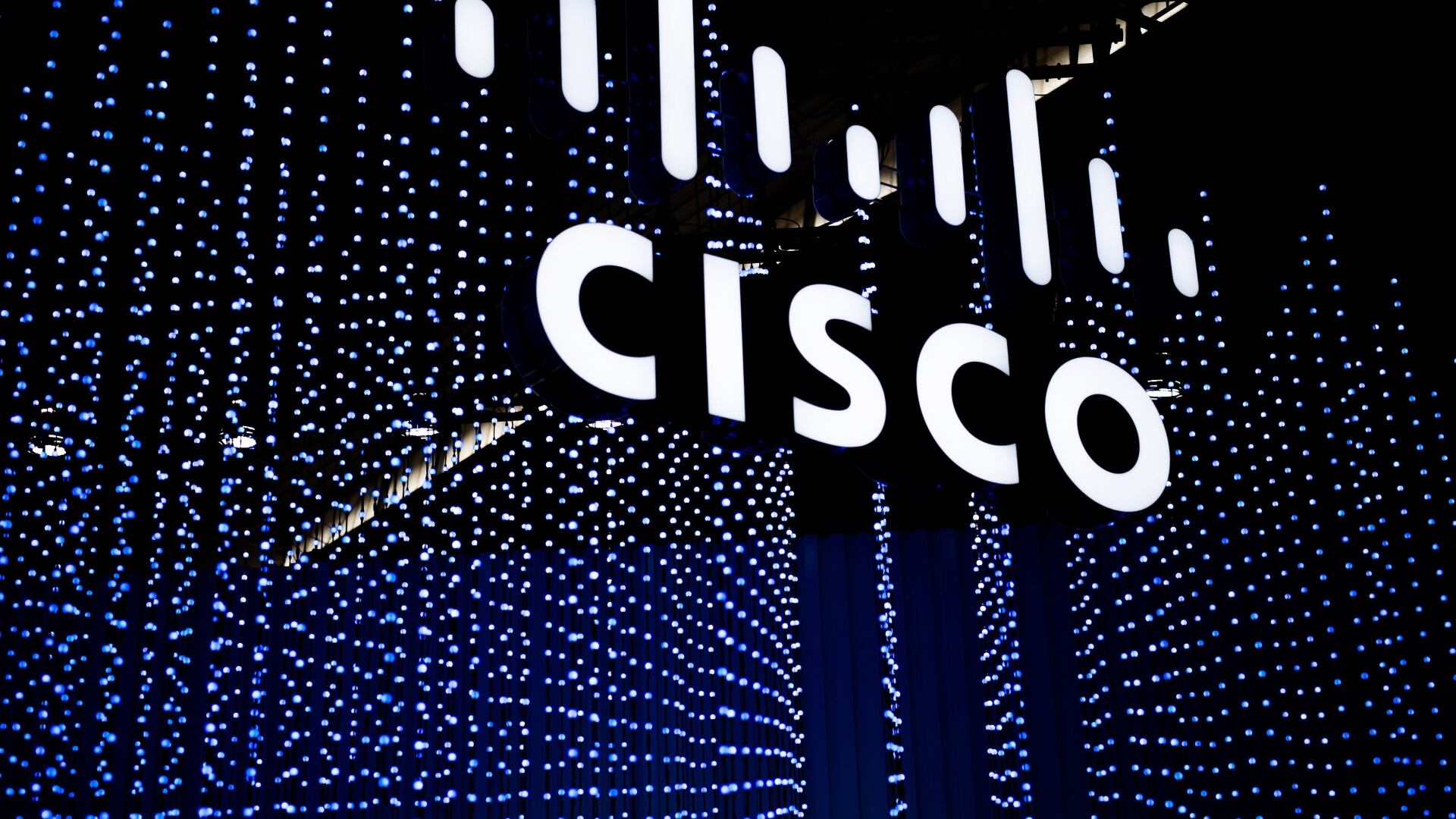*By Carlo Versano* When Amazon convenes its annual shareholder meeting this spring, a group of investors will be asking the tech giant to halt all governments sales of its proprietary facial recognition technology, known as Rekognition, until the impacts of the software on human and civil rights are better understood. The shareholder group filed a resolution on Thursday that [stated](https://static1.squarespace.com/static/57693891579fb3ab7149f04b/t/5c2cf4f86d2a73e6a9cfd391/1546450246520/Amazon+Prohibit+Sales+Resolution): “Shareholders request that the Board of Directors prohibit sales of facial recognition technology to government agencies unless the Board concludes, after an evaluation using independent evidence, that the technology does not cause or contribute to actual or potential violations of civil and human rights." For Open Mic, a non-profit that works with investors on issues of corporate accountability in media and tech, Rekognition when in the hands of government agencies raises serious civil liberty concerns. The software, which scans faces and can read human emotions, tells the government "who we are, what we are, what we're doing, and who we're doing it with," said Open Mic's executive director, Michael Connor. Amazon ($AMZN) has been mum on its government contracts, though the shareholder resolution claims Rekognition has already been piloted by police departments in Florida and Oregon. Connor said it was also pitched to ICE and the FBI. "We don't know exactly how Rekognition is being used or where it's being used," he told Cheddar. Over 400 Amazon employees also supported the resolution, according to Connor. And last November, dozens of protesters in Jeff Bezos masks gathered outside Amazon's Seattle HQ to protest Rekognition and the company's cooperation with ICE, local media [reported](https://www.seattlepi.com/seattlenews/article/dozens-protest-Amazon-facial-recognition-13352769.php). Facial recognition technology is still in its infancy but quickly maturing. Advocates say it poses a particular risk to immigrant and minority communities. "The technology has been shown to be racially biased," said Connor ー a finding that has been echoed in [scholarly papers](http://proceedings.mlr.press/v81/buolamwini18a/buolamwini18a.pdf). (Back in 2015, when the technology was brand new, Google had to [apologize](https://bits.blogs.nytimes.com/2015/07/01/google-photos-mistakenly-labels-black-people-gorillas/) after its photo-scanning software mistakenly labeled black people as gorillas.) Connor noted that Microsoft ($MSFT), another leader in facial-recognition, has [publicly](https://www.cheddar.com/videos/microsoft-president-calls-for-facial-recognition-regulations) called for regulation of the technology, while Amazon has remained silent. Last summer, Amazon released a statement, saying: "We believe it is the wrong approach to impose a ban on promising new technologies because they might be used by bad actors for nefarious purposes in the future. The world would be a very different place if we had restricted people from buying computers because it was possible to use that computer to do harm." But, citing how Facebook ($FB) has been used to manipulate users by foreign governments and those with malicious intentions, Connor dismissed that stance as naive. "If Amazon thinks they can introduce a technology like this and simply hope that bad actors are not going to take advantage of it, they're wildly mistaken," he said. For full interview [click here](https://cheddar.com/videos/some-amazon-investors-want-regulations-placed-on-rekognition-software).











